State of the Industry: Manufacturing First
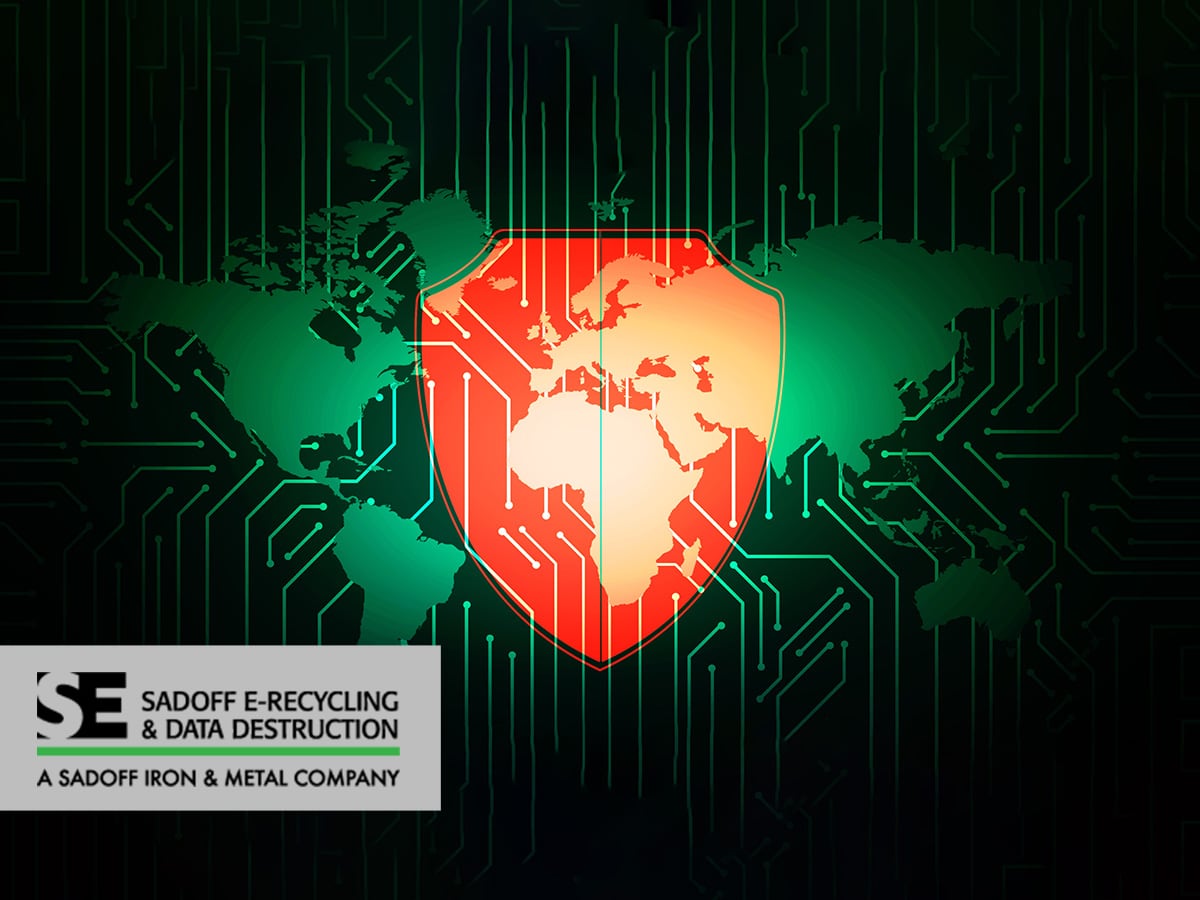 25
25 Nov
Two representatives of Sadoff recently attended the annual Manufacturing First Expo & Conference, the largest manufacturing conference in Wisconsin. In light of the annual event, its insightful speeches, and the many enlightening conversations and connections, the time is right for an overall appraisal of our industry.
We caught up with Janek Cieszynski, regional account manager at Sadoff E-Recycling & Data Destruction, and Karen Eckert, account representative at our sister company, Sadoff Iron & Metal. The two shared their key takeaways from Manufacturing First, agreeing on the top two primary focuses of not just the event, but the industry in general.
Security: The Prevalence of Data Theft and Cyber Crime
The keynote speaker at this year’s Manufacturing First conference was John Sileo, an expert in cybersecurity, if reluctantly so—his first-hand experience in having his identity stolen and company hacked cost him dearly. Sileo now preaches the importance cybersecurity, more relevant than ever as the manufacturing industry is increasingly targeted by cybercriminals and hackers.
This focus on security set the tone and shaped many of the conversations at the conference, said Cieszynski and Eckert. Part of Sileo’s speech involved a demonstration in which, with a few basic questions, he was able to unlock an audience volunteer’s phone. Cieszynski said Sileo underscored data vulnerabilities throughout.
“You could hear and feel the room go cold as people are thinking, ‘I have to update my security right now,’” said Cieszynski. “It was sobering. It woke up a lot of manufacturers.”
Cieszynski said that Sileo stressed the importance of skepticism as means of maintaining cybersecurity.
“’Be skeptical of everything,’” Cieszynski said was Sileo’s message. “And that’s a culture we foster within Sadoff. He was saying, ‘Let’s build zero-trust architecture into your system.’”
Part of the need for this heightened skepticism and security stems from the implications of the Fourth Industrial Revolution (or Industry 4.0), and the interconnectedness of the Internet of Things (or IoT).
“With the Internet of Things, as technology is more communicative within an industrial environment, you open yourself up to more vulnerabilities,” said Cieszynski. “Things that people don’t even think of.”
As hacking efforts become increasingly advanced, it is up to companies to become proactive and stay ahead of cybercrime. It’s not just large corporations being attacked now.
“Small and medium-sized companies are now dealing with it, and so many people have been personally hacked or know someone who has been,” said Cieszynski, adding that it’s not just the financial loss being guarded against. “There’s a loss of reputation, and a loss of data. There’s a real trust factor at stake.”
As awareness grows regarding data (in)security, Cieszynski said, companies are also recognizing the risks posed by carelessly discarding end-of-life technology.
“For SEDD, touting good cybersecurity practices allows us to have a conversation with our clients about end-of-life equipment, which allows us to talk about our insurance-backed services for data destruction,” said Cieszynski. “Are you working with a certified e-recycler, to make sure that practices are followed to ensure that things are sanitized, no data escapes into the wild, and that your materials are handled in a sustainable manner?”
Which brings up the other huge topic within the industry…
Sustainability: Not Just a Buzzword in Manufacturing
If cybersecurity happened to be the top topic at the Manufacturing First conference, Cieszynski and Eckert agreed that sustainability was just as much of a discussion topic throughout the day, and just as sincere.
“It’s not lip service,” said Cieszynski of the ongoing sustainability attention. “People are starting to understand that in terms of resources, we need to be able to close these loops. Reusing mined metals is so much more efficient from a carbon footprint standpoint, and a sustainability standpoint, than going to mine from a primary ore source in the ground.”
Cieszynski said that he’s encouraged by the spreading awareness and action within the industry, while acknowledging educating everyone on the importance of e-recycling to sustainability efforts.
“Any company that has a sustainability officer, or an EHS officer, sustainability is going to be an important thing to address to that company,” said Cieszynski. “But a lot of what we do is educational. People need to be educated as to why this stuff can’t end up in a dump.”
Security, Sustainability, and Sadoff
Per Cieszynski’s and Eckert’s corroborating comments, the e-recycling and data destruction industries each bear a combination of concern and hope. As always, the first steps to solving a problem is recognizing it exists, so the wide and in-depth discussions of cybersecurity and sustainability are certainly encouraging. However, John Sileo’s insights regarding increased vulnerabilities, as well as nightmarish statistics regarding e-waste’s increasing production, serve to underscore the importance of reliable data destruction and e-recycling are to protecting our data and our ecosystem.
To learn how Sadoff can bring the cohesive partnership of certified data destruction and environmental consciousness to fortify your organization, contact us today.
Tags: data security, e-recycling, electronics recycling, how to dispose electronics, sustainabilityCategorized in: Data Security, Sustainability



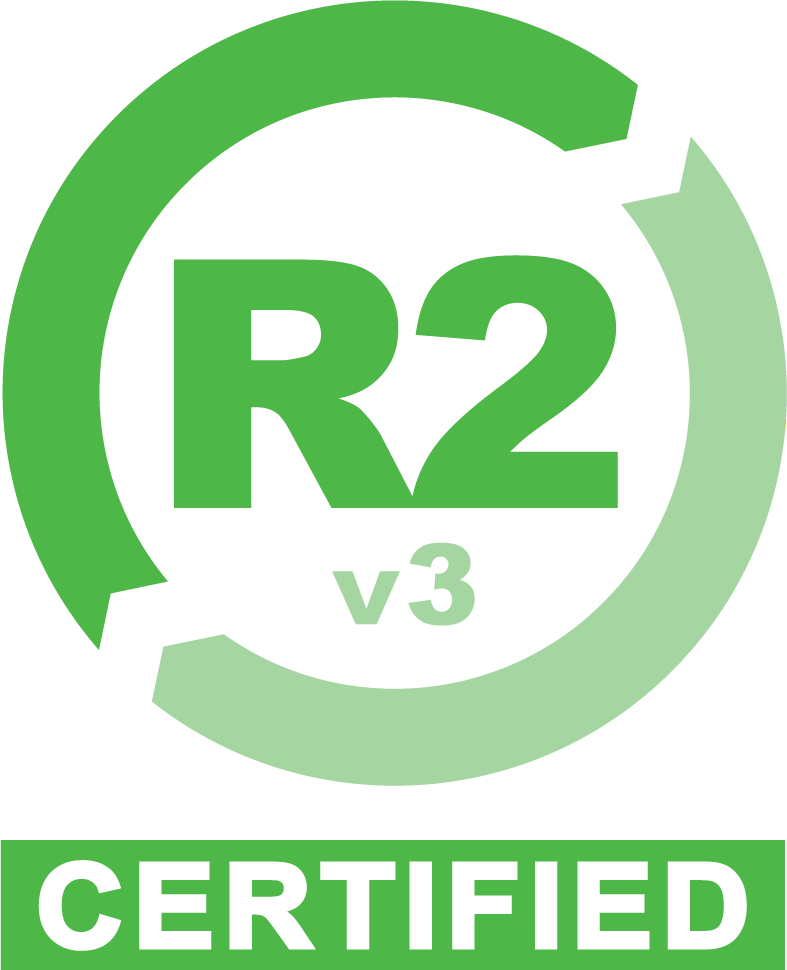
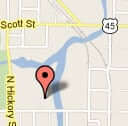 Google map directions
Google map directions
 Google map directions
Google map directions
 Google map directions
Google map directions
 Google map directions
Google map directions
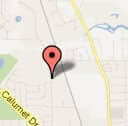 Google map directions
Google map directions
 Google map directions
Google map directions
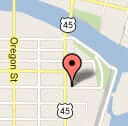 Google map directions
Google map directions